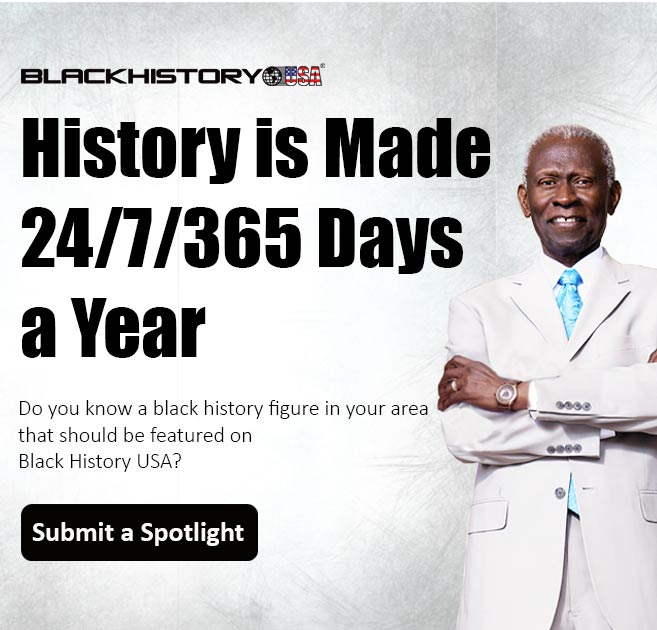Black History
Black History
Africans were part of the Transatlantic Trade, a term used to describe the transportation system put in place to transport slaves. The duration of the voyages varied, but depending on such things a weather conditions, the journey could last for months.
Middle Passage was a name given for the halfway point of the trade route from Africa to the Americas. Africans were packed into ships under harsh conditions for months. This claimed the lives of many slaves. While estimates vary, it's widely believed that millions of Africans died at sea.
While some scholars suggest there is evidence of Africans living alongside the Native Indians, dating back to the 14th century, Americans today trace the history of the African arriving in Jamestown, Virginia in 1619.
Why were Africans used? Europeans found that Native Americans were unable to ward off diseases they had brought over. Native Americans also knew the land so they could escape easily. African slaves on the other hand offered several advantages: they were strong, able to adapt to agriculture, and their dark skin made them easy to identify.
Slaves participated in many military conflicts to help establish the United States. In 1863, during the American Civil War, President Lincoln signed the emancipation proclamation declaring that all slaves in states that had seceded from the union were free.
Historians today chronicle the African American journey in three tiers: 1) Slavery, 2) Reconstruction / Jim Crow and 3) the Civil Rights Movement. Each tier along the way created many legends. Freedom fighters like Harriet Tubman helped free many slaves through the Underground Railroad. Pioneers such as Mary McLeod Bethune and Anthony Overton helped build churches, schools and other businesses to help blacks maintain self esteem during reconstruction and Jim Crow. Civil Rights legends Malcolm X and Martin Luther King emerged during the 1960's. During the 1970's, 1980's, and 1990's Blacks/African Americans begin to amass a vast assortment of incredible achievements, from serving as CEOs of Fortune 500 companies to serving as mayors in major cities.
Today while much has changed for the betterment of African Americans. No longer are African American asked to sit at the back of the bus, or suffer physical assault for trying to vote. However; the impact of slavery, racism and discrimination has left many African American as a whole at a social, educational, and economic disadvantage.
To help African Americans compete in this era, the new Harriet Tubman's, Mary McCloud Bethune's, Carter Woodson's and Martin Luther King's will have to be community leaders, HBCUs and black churches around the country thereby helping to provide them with the knowledge of God and self and enabling them to compete in the 21 Century and beyond.


